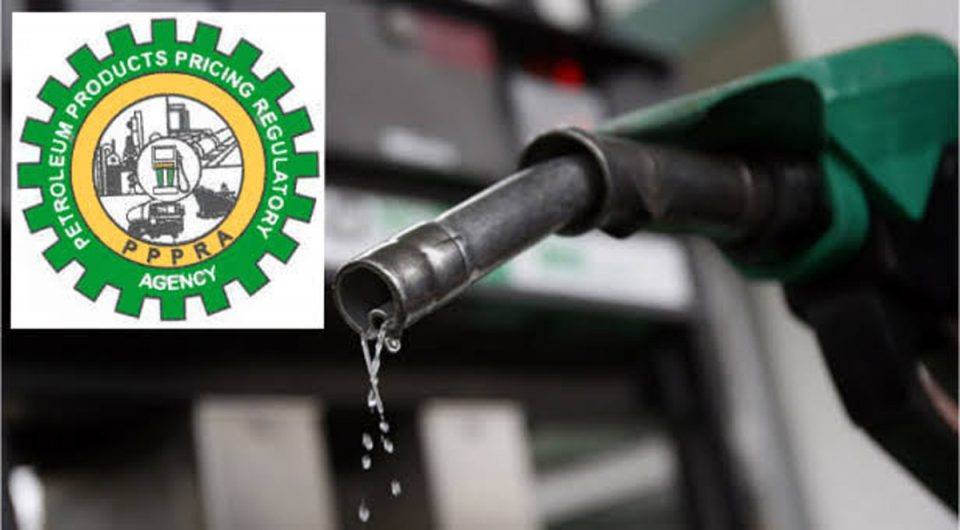The demand-side impact of Nigeria’s decision to fully deregulate retail gasoline prices this week may be modest in the near term but will likely be felt most acutely by European refiners, for whom Nigeria is a key export outlet, according to market watchers.
After several attempts to reform Nigeria’s downstream oil sector, Africa’s largest oil producer appears to have finally dropped costly fuel subsidies and moved to a market-based pricing regime for gasoline, in the wake of the oil price crash.
On Sept. 8, the state’s Petroleum Products Pricing Regulatory Agency said that, following the government’s decision to fully deregulate the downstream oil sector announced earlier this year, Nigerian fuel marketers would now determine the pump price of gasoline.
The PPPRA, which had previously set a monthly price band for gasoline, is now restricted to a supervisory role, the head of the agency Abdulkadir Saidu, said at an online event.
Last year, Nigeria spent about $4 billion subsidizing gasoline sales which averaged about 300,000 b/d, according to S&P Global Platts Analytics.
“This is a sound economic decision. The subsidies were open to abuse and resulted in gasoline being smuggled into neighboring countries,” said Naing Oo, an oil demand analyst for Platts Analytics. “I expect there will be no significant immediate impact on demand but there will be a negative impact in the medium term.”
Regional gasoline traders said that, in the near team, low refinery run rates across Europe could keep the current market balanced even if Nigeria’s gasoline demand weakens as a result of higher pump prices.
“The gasoline market continues to be strong because of refinery run cuts, so it should be OK with lower West African demand I think,” one trader in Northwest Europe said.
After falling sharply in April and May, gasoline exports from Northwest Europe to Nigeria have increased from 1.32 million barrels in April to 8.11 million barrels in August, according to data intelligence company Kpler.
Kpler expects, however, a further sharp fall in NWE gasoline exports to Nigeria in September, to 2.12 million barrels, around 75% down on the month and 60% lower on the year.
Gasoline subsidy
Nigeria, which produces up to 2 million b/d of oil, including condensates, imports almost all of the gasoline it consumes, estimated at 1.25 million mt/month, due to the poor performance of its four state-owned refineries.
Nigeria first announced it plans to end its long-running gasoline subsidies in March, citing a sharp decline in revenues on the back of lower crude oil production and weaker global oil prices due to the COVID-19 pandemic.




